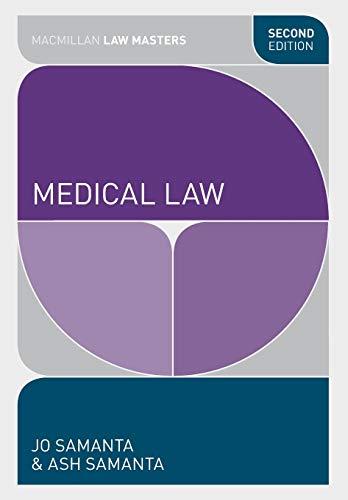answers of these questions
Please match statement 1 to 8 with the expressions/concepts listed below: a) Human resource issue b) Conflict of interest c) Customer confidence issue d) Use of corporate resources 1. Discriminating against an employee. 2. Sending personal mail through the company mail room. 3. Keeping a customer's information private. 4. Providing a personal reference on corporate letterhead. 5. A product is unsafe for human consumption. 6. "How people get along." 7. Honestly representing a product in a sales pitch. 8. Accepting a bribe. 9. When employees come to an organization, they have already developed into "good" or "bad" apples. Therefore, there is little a manager can do to impact an employee's ethical behavior. a. True b. False 10. According to cognitive moral development theory, the actual moral decision is not as important as the reasoning process used to arrive at it a. True b. 11. It is unethical for managers to "control" employees' ethical behavior through direct management and the organization's formal and informal cultural systems. a. True b. False 12. Ethical dilemmas represent conflicts in values. a. True b. False 13. A challenge involved in using a strictly consequentialist approach is that it is often difficult to obtain the information required to evaluate all of the consequences for all stakeholders who may be directly or indirectly affected by an action or decision. a. True b. False 2018(b) LAMBTON COLLEGE IN TORONTO Lambton In Toronto PHL 1253 College W2019: Test 1 14. Most adults are at the level of cognitive moral development and their action is a. Conventional; based on avoidance of punishment. b. Conventional; based on what others think, say, and do. C. Postconventional; based on the best outcome for society. d. Postconventional; based on their religion or guiding principles. 15. Which of the following is false? a. Moral reasoning can be increased through training. b. A more-principled individual is less likely to cheat. When an organization's leader is characterized by high moral development, the entire ethical climate of the organization is stronger. d. Employee satisfaction and commitment are not related to the leader's moral development. 16. Sally attributes her success at work to luck. Sally is characterized by: a. high internal locus of control b. high external locus of control C. d. Stage 2 moral reasoning Stage 4 moral reasoning







